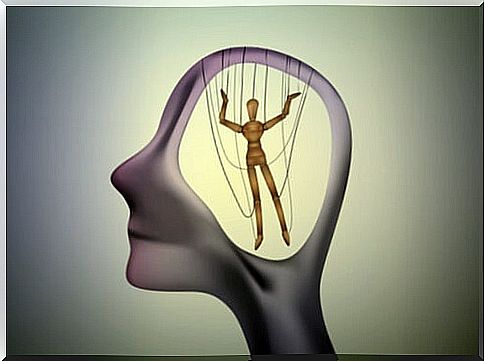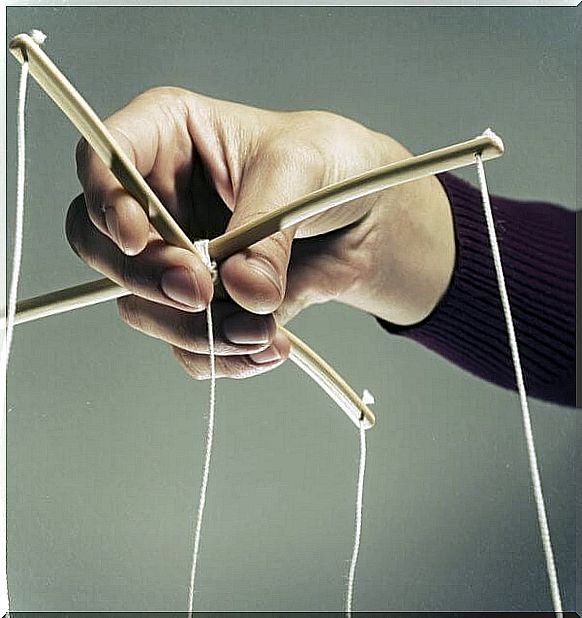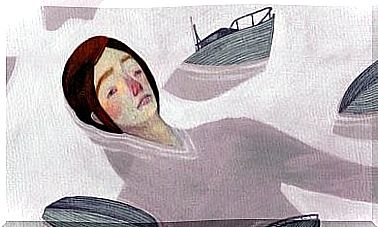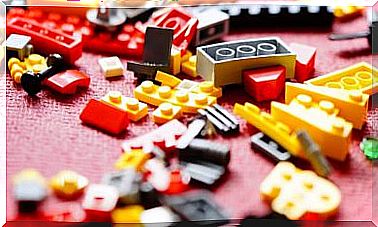The Experiments Of Karremans, Stroebe And Clauss On The Manipulation Of The Mind

The subject of mind manipulation through subliminal advertising has been an open debate since the 1950s, after the famous James Vicary experiment.
Despite the fact that Vicary himself confessed that it had all been a hoax and that he himself had invented the results, the issue received such media attention that many continue to believe in the supposed great power of the subliminal.
Recall that Vicary claimed to have transmitted subliminal messages during the showing of a film in the United States. Such messages could not be consciously captured, since they were emitted at such a speed that the human eye was unable to perceive them. They advertised popcorn and a soda.
James Vicary said that such messages had increased the consumption of popcorn as well as soda. However, years later and under pressure from the scientific community , he himself confessed the lack of validity of his experiment.
He pointed out that he had made up the data on which he had supported his conclusions. At that time, the subject of manipulation of the mind through advertising should have been overcome, but it was not.

Subliminal advertising and manipulation of the mind
During the 1990s, a survey was conducted in the United States and two-thirds of those consulted affirmed that subliminal advertising did exist and that through it it was possible to achieve manipulation of the mind. Many in the world think the same, more in current times, when conspiracy theories occur.
The truth is that the doubt has also been present in several scientists, who at different times have taken on the task of verifying whether or not it is true that these messages are effective. In fact, most governments prohibit subliminal advertising, assuming that it exists and that it is a means of manipulating the mind.
A significant number of experiments have been carried out on the subject, but among them the one by Karremans, Stroebe and Clauss, from 2006, has gained special relevance.
This is because he recreated much of the conditions of the original experiment, carried out by James Vicary, and came to novel conclusions about subliminal advertising and mind manipulation.
The Karremans, Stroebe and Clauss experiment
The Karremans, Stroebe, and Clauss experiment, sponsored by the University of Utrecht, carried out the same Vicary experiment, but reached more precise conclusions. He pointed out that subliminal advertising did not achieve manipulation of the mind, but it did influence it in certain circumstances.
Generally speaking, the only thing that changed was the memory of a brand. By scrolling through images at high speeds, viewers only became more familiar with a certain brand. In other words, there was no influence on motivation to act, but on memory. And this influence was also limited, since the effect was only achieved with previously known brands.
However, the BBC in London wanted to replicate the experiment for one of its publications. So he went to Stroebe, one of the authors of the Utrecht experiment, and appealed to 98 volunteers. None of them were told what the test was about or what the purpose of the test was.

The BBC experiment
What was done in the BBC experiment was to divide the group of volunteers in two. One group was given a red bandage and the other a black bandage. French fries were offered to all participants as a snack. The goal was to make them thirsty.
Both groups were then taken to a screening room. Those with the red blindfold were first asked to remove it and watch a three-minute movie. In it, the word LIPTON was subliminally introduced, alluding to the tea of that name. Later, the other group, of the black bandages, did the same, but the image of the brand was not transmitted to them.
At the end of the screening, everyone was offered Lipton tea and mineral water. The results showed that subliminal advertising only seemed to have had an effect on a small number of volunteers. This proved that it was not effective from the mass point of view.
Despite this, there are many people in the world who believe that they are victims of manipulation of the mind when it comes to consumption. Vicary’s hoax continues to triumph.









